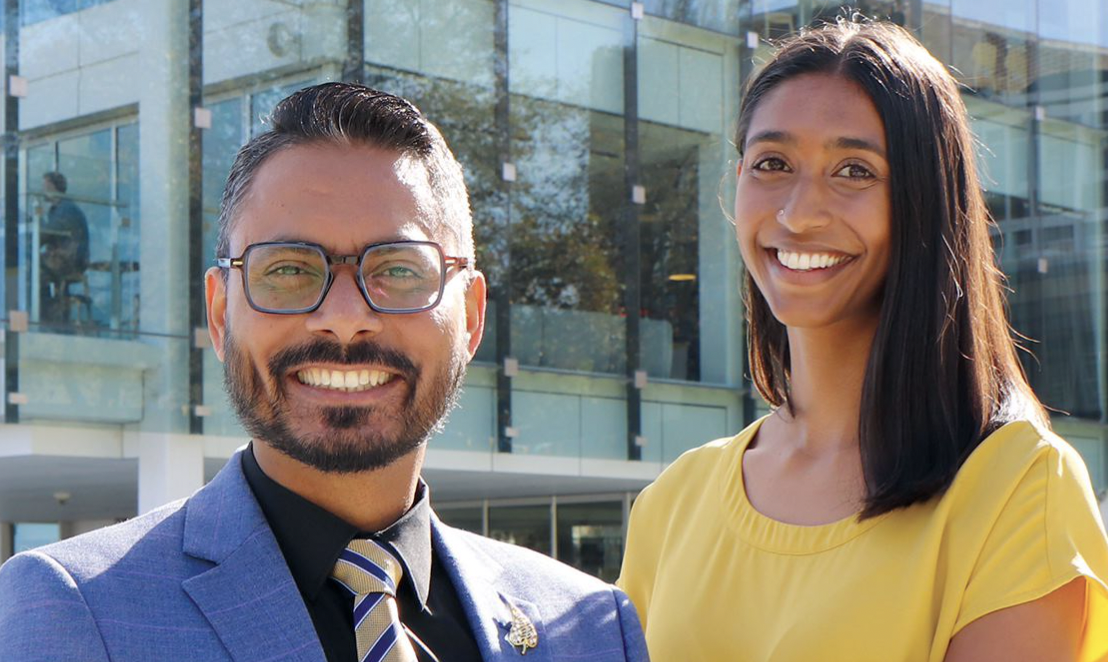
With one in six people in Australia suffering from chronic tinnitus, Flinders University audiology researchers are looking for much-needed solutions.
DNA forensic science expert Professor Adrian Linacre OAM has been forced to cope with constant buzzing in his ears for almost three years – for others it can be a lifetime of suffering.
‘It began at home one evening when I started to hear a buzzing noise. After a while, it dawned on me that the sound was internal in my head,’ says Professor Linacre. ‘I hoped it would disappear but with tinnitus the constant buzzing white noise continues every moment of every waking day.’
Many people will experience some sort of short-term tinnitus at least once in their lives, usually after a loud music concert or following exposure to a sudden loud noise. However, for one in six people in Australia tinnitus is constant and debilitating, yet limited research has been done to find solutions and improve treatments.
NEW RESEARCH STUDY AT FLINDERS
Led by Flinders University’s Professor of Audiology Giriraj Singh (Raj) Shekhawat and postdoctoral fellow Dr Deepti Domingo, a new study will assess the use of HD-tDCS – a type of non-invasive brain stimulation – to reduce the white noise levels of tinnitus.
Professor Shekhawat has 15 years of audiology research experience at University College London and the University of Auckland, plus clinical experience in the US, Singapore, and India.
He says, ‘Our inner ear has thousands of hair cells that transfer sound energy into electrical impulses to our brain via the auditory nerve. Any damage along this pathway will disrupt or dull the sound signal reaching the brain – which then tries to compensate by essentially listening harder.’
By working hard to pick up sound, overfiring neurons within certain networks in the brain can result in error signals being interpreted as additional sound – even when none is present.
This is the ‘ringing’ tinnitus sufferers hear.
‘Given tinnitus is caused by disrupted neural networks, through this trial we are aiming to use a safe, low amplitude direct current stimulation to the brain, to correct those networks,’ says Dr Domingo, who is excited about the potential to bring longterm relief to millions of tinnitus sufferers around the world.
JOIN THE PILOT STUDY
Funded by the Royal National Institute for the Deaf and Rosetrees Trust in the UK, the three-year pilot study includes research partners in the UK, Europe, and the US. With support from neurological experts at SAHMRI, the study is being conducted at Flinders University’s Health2Go clinic and the University’s Tonsley campus.
You can join the study – to check your eligibility email your experience of tinnitus to: tinnitus.research@flinders.edu.au

